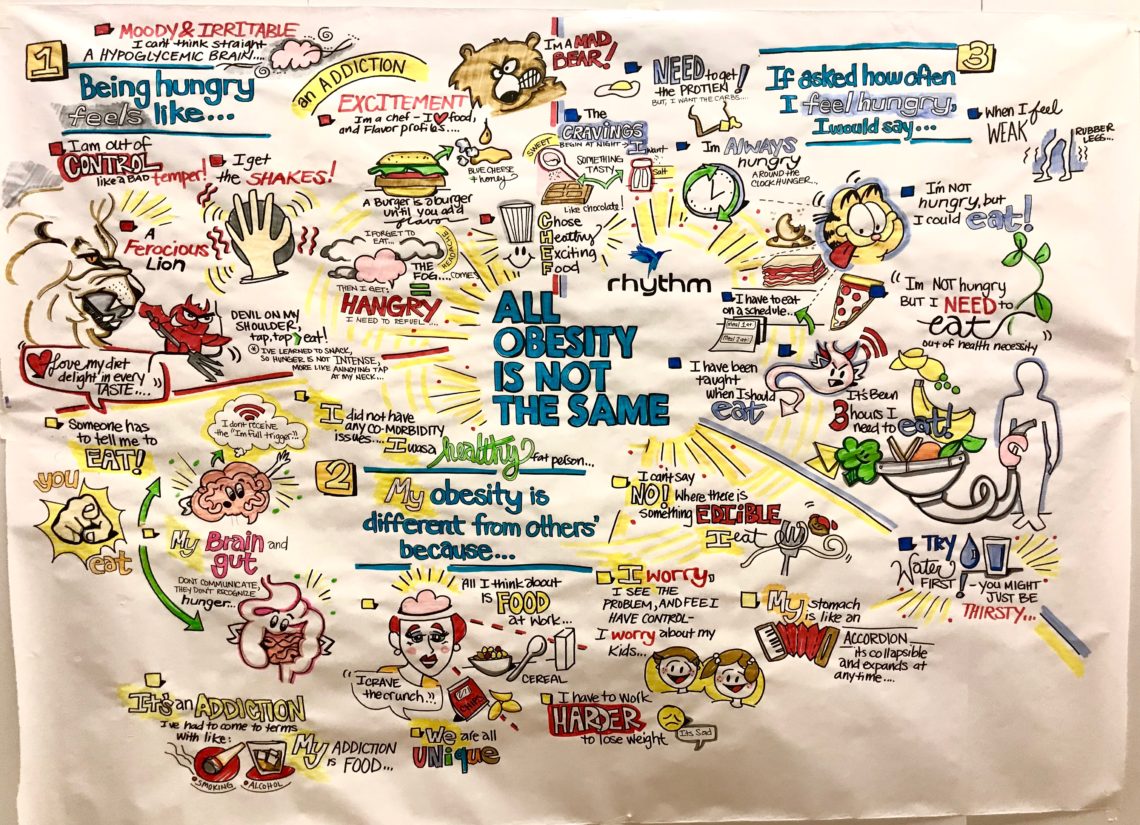
Your Weight Matters: Key Messages from the National Convention
This summer Denver hosted it’s first 4-day educational event for individuals concerned with weight-related issues. The Your Weight Matters National Convention is the largest National meeting dedicated to providing evidence-based strategies for individuals impacted by excess weight and obesity. The organizer, Obesity Action Coalition, is a national non-profit organization dedicated to giving a voice to those affected by the disease of obesity and helping individuals along their journey toward better health through education, advocacy and support.
After attending two days of seminars and workshops, here are five key messages you should understand;
1. Obesity is a Disease
First and foremost, obesity is a disease; no different than diabetes, hypertension, dyslipidemia, or asthma. Obesity is not a choice, nor is it a moral failure or character flaw. It is not a result of laziness or apathy. By denying it’s status as a disease we limit access to adequate treatment and prevention, reinforce weight biases, and undermine the over 200 comorbidities associated with the condition.
“The suggestion that obesity is not a disease but rather a consequence of a chosen lifestyle exemplified by overeating and/or inactivity is equivalent to suggesting that lung cancer is not a disease because it was brought about by individual choice to smoke cigarettes.”
2. Fat Cells are Dynamic
We often think of excess body weight as impacting our joints and ligaments the most, but did you know that your fat cells actually produce hormones? Scientist Jeffery Friedman’s discovery of the hormone Leptin in the mid-1990’s has really changed our understanding of the role of fat cells in the body. Fat cells actually impact metabolism, regulation of body weight, energy expenditure, mood, and even the development of other cells. When we lose body fat, leptin levels fall, stimulating appetite and suppressing energy expenditure until our fat mass is restored.
3. Think Beyond Calories-In and Calories-Out
Outdated weight-loss models tell us that one-pound of body fat is made from 3500 “stored” calories. To lose one-pound of body fat per week, we should maintain a deficit of 500 calories per day – from either food restriction, exercise, or both. Keep that up and you should hit your weight-loss goal in no time! Unfortunately, this very simple math equation assumes that intake and output occur independently. We now understand the role of leptin secreted by fat cells, the hypothalamus, fat loss, and appetite – due to metabolic adaptation: as your weight decreases, your metabolism slows.
The current weight-loss model is far more dynamic – factoring in age, gender, weight-loss history, anthropometrics, quality of nutrition intake, and history of physical activity. You can take a look at the new body weight planner here: https://www.niddk.nih.gov/bwp
4. “Baby Fat” is a Thing of the Past
Despite your personal experiences as a child, ‘growing out’ of baby fat is becoming a thing of the past. In fact, almost 70% of overweight children continue to be overweight as teens and young adults. In 2018, children seem to no longer grow out of their “chubbiness.”
Some of the risk factors for childhood obesity include; formula feeding (verses breast), bottle propping, large bottle size resulting in overfeeding, feeding on a schedule, soothing with a bottle, early introduction of solids, poor sleep hygiene, and a higher maternal weight. Randomized controlled trials indicated “parenting education” as the biggest factor in reducing childhood obesity.
“A lot of kids are being overfed, and they’re being fed foods that really have no business being in a child’s diet: sugar beverages, excess juice, lack of fruits and vegetables, too many french fries. Parents really need to provide nutritious food while the child’s a baby.”
5. Nonsense will Not be Tolerated
Weight bias and social stigma are real. The last thing you need in your weight-loss journey is to experience discrimination at your doctors office. Many healthcare providers simply do not understand obesity. The Obesity Medicine Association has compiled a list of healthcare providers with expertise in obesity medicine. You can use the search to find a obesity doctor near you: https://obesitymedicine.org/find-obesity-treatment/








